Here’s a frightening thought for those of you who remember the original Shōgun (1980), starring Richard Chamberlain as the Elizabethan navigator who ends up playing kingmaker amid the power struggles in the Japan of 1600. We are now further away in time from that series than that series was from the beginning of World War Two.
And yet it feels almost like yesterday when we gathered with our parents in front of our TVs with their bulbous backs and no remote controls to watch Chamberlain in his natty kimonos grappling with Japanese culture. TV was so much more of a family affair in those days, with blockbuster mini-series — Roots, Jesus of Nazareth, The Thorn Birds etc — garnering ratings which, in our fragmented modern culture, would be impossible. In the US alone, nearly one third of all households with TV sets watched at least part of that 1980 Shōgun, leading to a dramatic increase in the number of sushi restaurants. As a measure of how innocent things were back then, it was the first network show to allow the word “piss” in the dialogue and to depict the act of urination.
The warring Japanese factions are by no means averse to boiling captives alive to watch how well they did
Chamberlain was fourth choice to play sea dog John Blackthorne (after Sean Connery, Roger Moore and Albert Finney). He was pretty good, as I recall, but perhaps too much of a smoothie. Cosmo Jarvis does it better in the new version on Hulu, helped by the fact that, like Drake, he is a Devonian (if Totnes counts), but mainly because he attacks the role with such rough-hewn gusto you can virtually smell the rancid sweat on his salt-encrusted jerkin. Jarvis’s father was a merchant seaman who was never much impressed by infelicities in TV nautical dramas: “I kept thinking of him sitting there as I’ve seen him do in the past. You know, the captain says: ‘Starboard’ and the ship turns port. And he’ll go: ‘That’s bollocks!’”
You don’t mind that Jarvis (hitherto best known from Peaky Blinders and Raised by Wolves) speaks like a parody of Russell Crowe in Master and Commander. He’s so virile and cocksure and capable that you’re rooting for him from the second you first meet him in the stinking bowels of the Erasmus, a Dutch trading ship that has lost most of its crew to starvation and scurvy. His surviving shipmates have long since resigned themselves to death. But Blackthorne is having none of it: his will to survive — and to exploit the riches of this treasure house — is insuperable.
Which is just as well, because almost everyone and everything in the gripping opener wants to kill him. The vicious squalls he can take in his stride; a lot more dangerous are the warring factions of the Japanese (who consider him a smelly, hairy barbarian and are by no means averse to boiling captives alive to watch how well they die) and the Portuguese Jesuits who secretly control Japan’s trade via their stronghold in Macao.
In the original Shōgun, based on James Clavell’s bestseller, the perspective was very much that of the westerner transported to a mystifying and alien oriental world. Now that TV — and values generally — are so much more international, we get a far better handle on the Japanese side, with authentically realized settings (no anachronistic portcullises, for example, on the castle at Osaka) and fewer inscrutable locals.
The key Japanese player is Lord Yoshii Toranaga (Hiroyuki Sanada), whom we first meet under impeachment — and a likely death sentence — from the Council of Regents which has been running the country since the death of the revered leader Taiko. Unlike his true-life historical counterpart (who had little involvement with the English mariner William Adams, on whom Blackthorne is loosely based), Toranaga quickly grasps that this anjin (barbarian) deus ex machina from the other side of the world may yet be his unlikely salvation.
Meanwhile, the love interest is provided by Lady Toda Mariko (Anna Sawai), an attractive courtier with a jealous husband who is drafted in to translate Blackthorne’s Portuguese (because obviously no one around there speaks English) into Japanese. And for the intrigue, we have any number of rival, ruthless warlords, plus Toranaga’s various shifty minions, and sundry bandits, samurai, scheming Jesuit priests, lubricious geishas and outrageously deft assassins. If you’re into near-incomprehensible shogunate politics, toe-curlingly graphic slicing and dicing, swashbuckling action and eye-wateringly lavish recreations of early seventeenth century Japan — and who isn’t? — then Shōgun is definitely your cup of sake.
This article was originally published in The Spectator’s UK magazine. Subscribe to the World edition here.



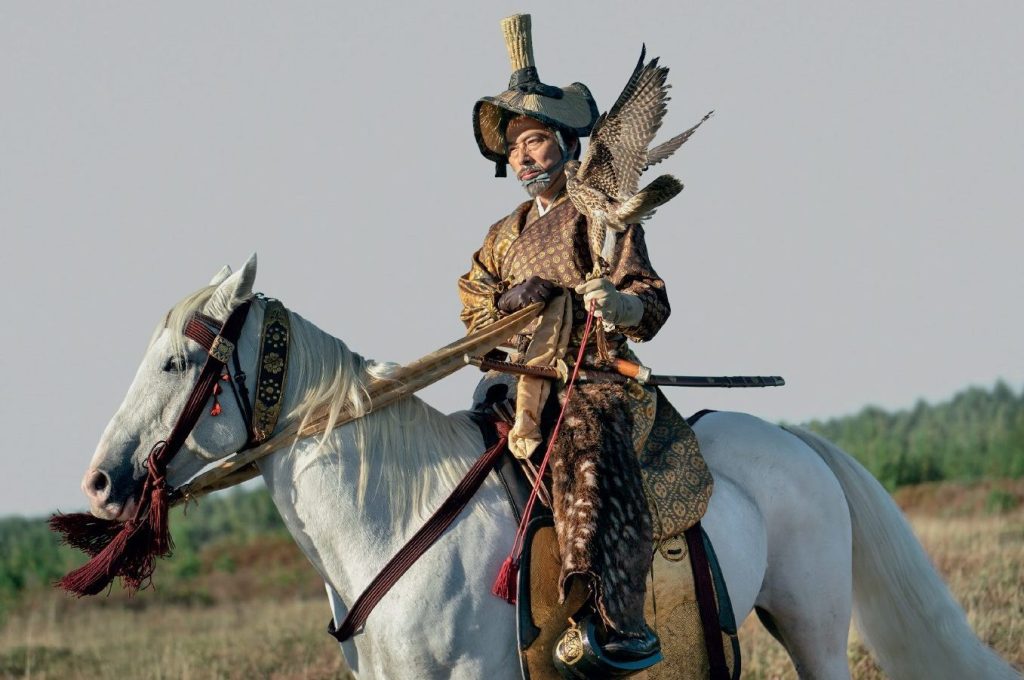



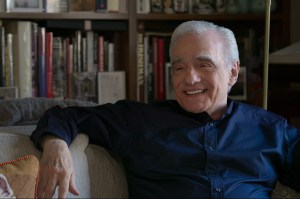

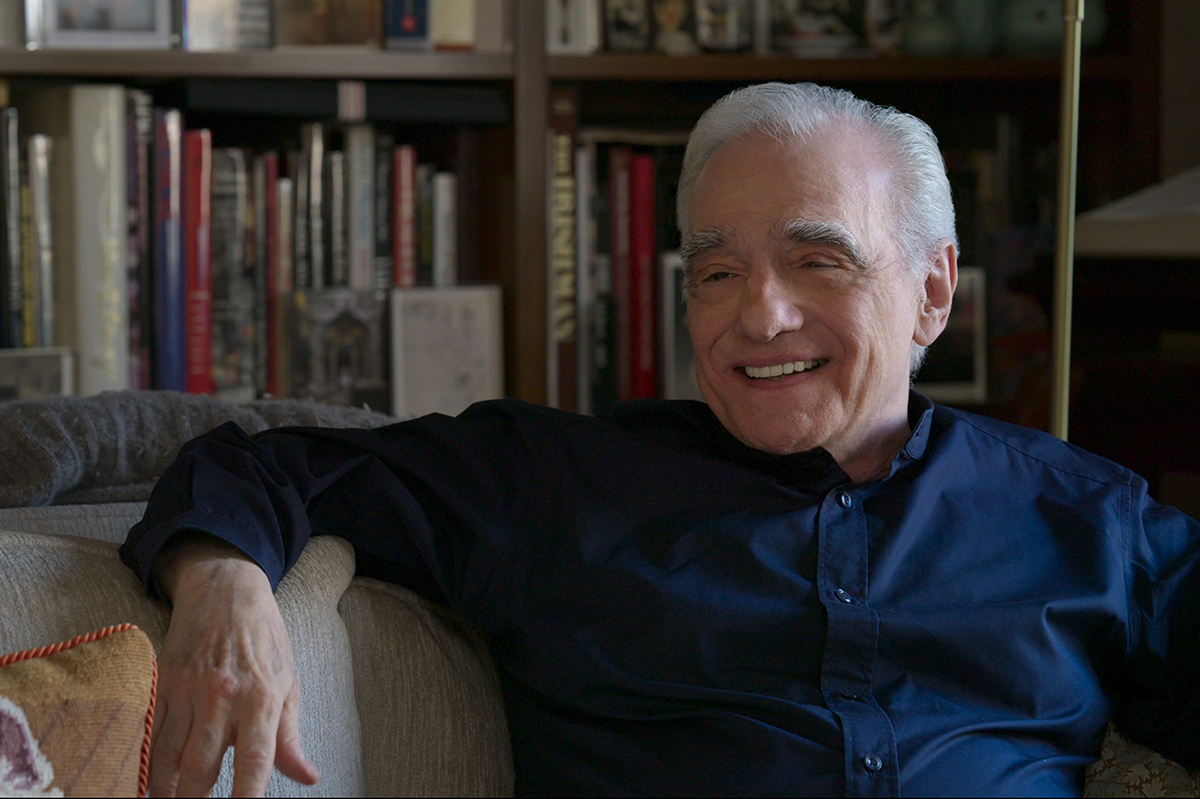
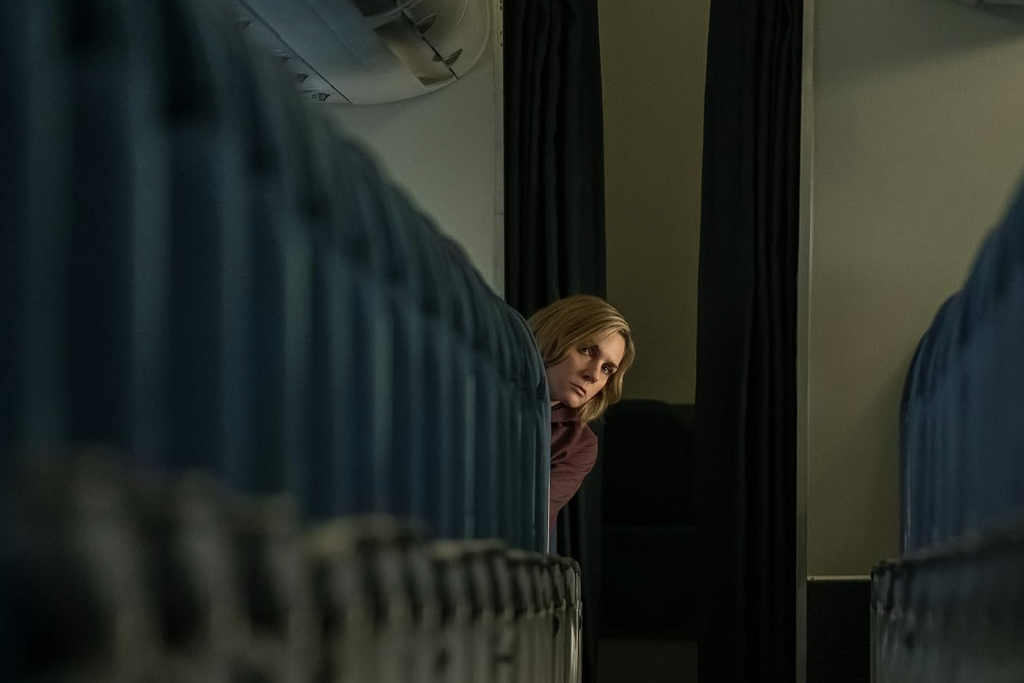


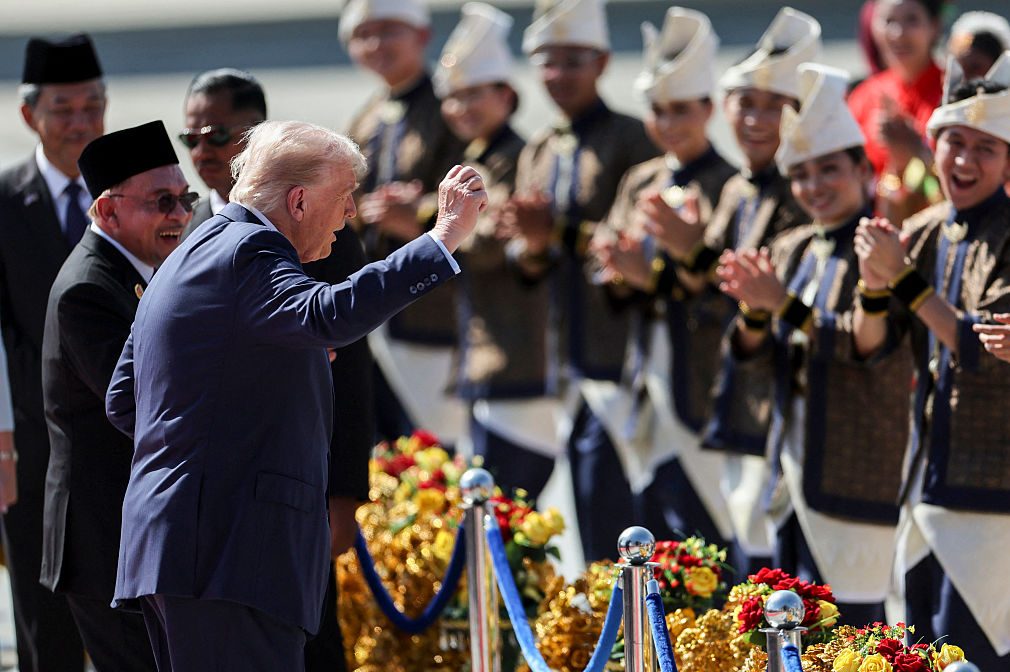








Leave a Reply